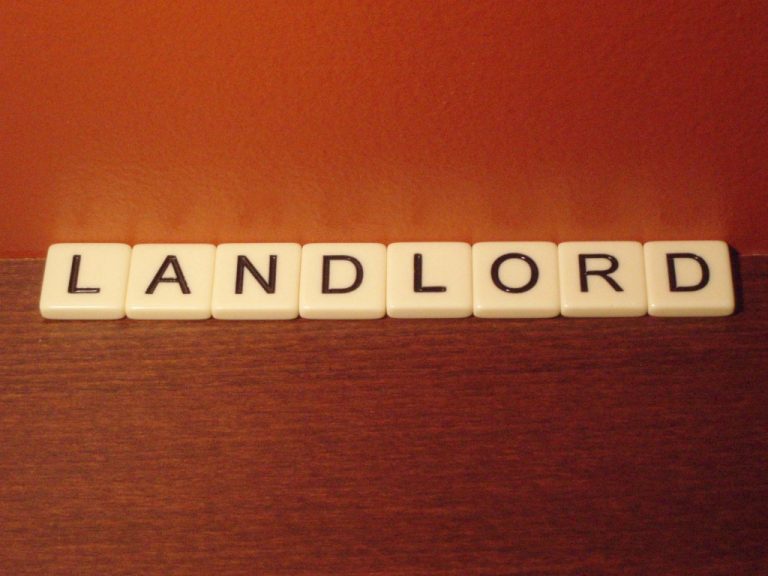
How To Be A Good Landlord – By Bizna Brand Analyst
Owning a rental establishment is a tough business, plain and simple. Landlords deal with the problems of tenants who call to complain constantly, tenants who don’t pay their rent, and what can seem like endless, high shilling property repairs. Becoming a landlord with a lot of stress and responsibilities, and all of these things can turn a well-meaning property owner into a jaded landlord.
Oftentimes, as a landlord, it’s easy to start viewing tenants as shilling signs, instead of building a lasting landlord/tenant relationship. But creating a good connection with your tenants and marketing yourself as a great landlord has numerous benefits. It will make working with your tenant on fixing repairs and showing the property to prospective new tenants at the end of a lease go smoother, and your tenants are more likely to renew – possibly even with a rent increase.
Here are tips you can utilize to be a great landlord.
Know the Laws
Each state has a landlord and tenant act that covers rent, security deposits, landlord and tenant obligations, tenant’s rights, and evictions. Get to know these laws well. Violating a tenant’s rights will, at the very least, lead to an unhappy tenant, and at worst, land you in civil court.
Make those Repairs
When a tenant calls with repairs, set up a time to come and inspect the damage. If the repair doesn’t fall into the emergency category, set up a time that works best for the tenant. Tenants will respect you more if you let them know ahead of time when you plan to stop in. Once you inspect the damage, schedule the repair immediately.
Keep the Lines of Communication Open
While you do not want your tenant harassing you at home or calling you at all hours of the day, you do not want to cut yourself off from your tenant completely. Tenants feel more at ease when they know how to get in touch with their landlord. When a tenant moves in, give them your number right away or a physical address the tenant can reach you. This will cut down on the number of after-hours calls you get and help you keep a written record of communication between you and your tenant.
Respect the Tenant’s Privacy
Last year, I moved out of a house that I loved simply because the landlord would not stop showing up at odd hours. While I knew she had the right to inspect the property, and I was happy to give her access anytime she asked, repeat visits got me bored.
If you want to inspect something, let the tenant know ahead of time when you plan to stop in. And limit your visits to daytime hours or the early evening.
Listen to the Tenant’s Concerns
Every landlord deals with the odd nosy neighbor, overly concerned tenant, or cranky complainer, but most tenants won’t contact the landlord until they feel they have to. When you get a call from a tenant, listen to his concerns and do the best you can to make him feel like you addressed them. Mediate any disputes between two of your own tenants.
Exercise Compassion
Occasionally, tenants will have a problem. Maybe they’re running a day late on their rent payment or something else. Whatever the problem, try and tap into your compassionate side when dealing with your tenants, especially the good ones. If you show tenants a bit of compassion and let them slide (within reasonable boundaries of course), they will remember the kindness. If tenants feel they have a compassionate, understanding landlord and not just a business automaton, they will be more likely to stay longer or accept a small rent increase.
Final Word
There doesn’t have to be a huge divide between landlord and tenant. By taking these tips into consideration, you can make sure that you’re an attentive, proactive and understanding landlord.





